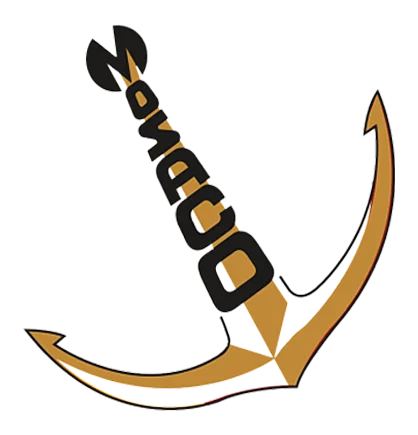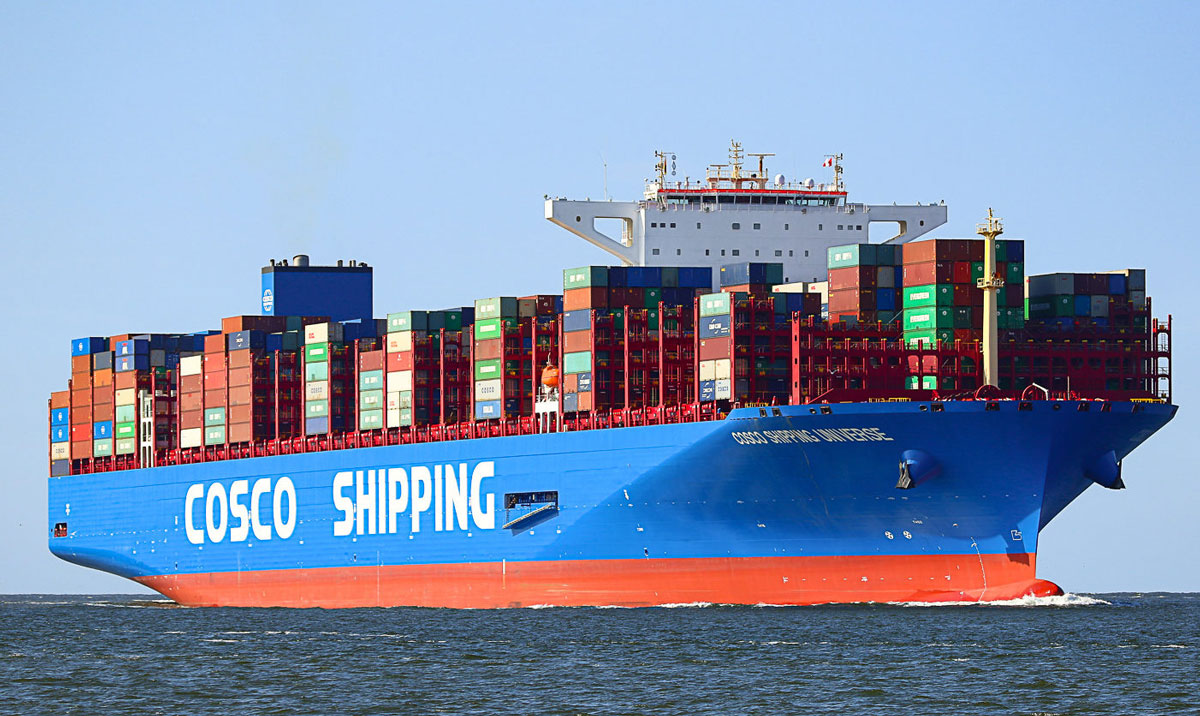South Korea proudly announces the successful completion of installation and testing for the first containership equipped with an integrated automation system, which is now set to begin international service. This groundbreaking project, supported by the Ministry of Trade, Industry and Energy and the Ministry of Oceans and Fisheries, aims to advance and commercialize autonomous shipping technologies.
The vessel, named POS Singapore, with a deadweight tonnage of 22,867 dwt, was developed under a government-sponsored program. PAN Ocean, South Korea’s leading bulk shipping company, played a crucial role in integrating the advanced automation systems into this 1,800 TEU ship.
Ordered in 2022 and constructed by Hyundai Mipo Dockyard in Ulsan, POS Singapore measures 576 feet (172 meters) and is registered in Liberia. After being launched in March and delivered in April, the ship underwent extensive outfitting and testing of its automation capabilities.
During a sendoff ceremony on September 23, government officials emphasized that POS Singapore will spend the next year undergoing rigorous testing and validation of its automation systems. Currently en route to Shanghai, the vessel will operate along routes between Korea and Southeast Asia.
POS Singapore integrates cutting-edge technologies, including intelligent navigation systems that assess weather conditions for enhanced situational awareness, as well as automated engine controls and robust cybersecurity measures. The project has seen an investment of $119 million, which is envisioned as a blueprint for the future of maritime automation technology.
Over the coming year, South Korea aims to leverage the results from these demonstrations to lead the development of international standards for ship automation. The International Maritime Organization has initiated efforts to establish the MASS Code, and experts from academia, research, and government are contributing to this critical endeavor.
By spearheading these advancements in automation, South Korea seeks to gain a competitive edge in the next generation of shipbuilding. Notably, HD Hyundai conducted the first successful automation test during a Pacific voyage on an LNG carrier in 2022, with further tests conducted on a smaller domestic cargo ship in subsequent years.


